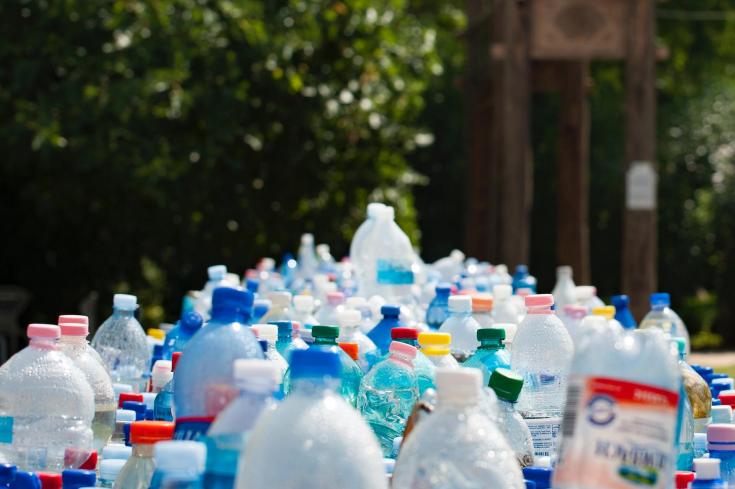EU Lawmakers raise the bar for the circular economy

In its plenary session of February 2021, the European Parliament (EP) has taken a strong position on the new Circular Economy Action Plan published by the European Commission in March 2020. Members of the European Parliament (MEPs) backed a report by the rapporteur for this file, Dutch MEP Jan Huitema, calling for an acceleration of Europe’s transition to a more circular economy.
The new Circular Economy Action Plan is one of the first big proposals under the European Green Deal and sets the stage for specific EU measures to promote circular economy processes, foster sustainable consumption and ensure that used resources are kept in the European economy as long as possible.
The EP report just adopted defines a clear vision on how to make circularity work for people, cities and regions. MEPs stress the fundamental role of regional governments, local authorities, communities and SMEs in waste management. They also call for setting-up ‘circularity hubs’ in all European regions, demand support for the development of circular models in design, procurement and waste management, and highlight the work of social partners, cooperatives and social enterprises for enabling the shift to the circular economy. But the major issue on which the EP managed to find a solid political agreement is undoubtedly the call for binding 2030 EU targets to ‘significantly reduce the material and consumption footprints of the Union and bring them within planetary boundaries by 2050’.
The rapporteur showed satisfaction for its adoption and warned: ‘If we don't scale up our circular economy, we will not achieve the Green Deal targets and become climate neutral by 2050’.
The stakeholder community is also backing the position of the European Parliament. The European Environmental Bureau (EEB) stressed the groundbreaking character of the targets invoked to curb over-consumption since they would be the first-ever of this kind at EU level. The European Consumers’ Organisation (BEUC) praised the EP for sending a signal on the need to increase resource efficiency by calling for the inclusion of non-energy related products in the scope of the Ecodesign Directive. The European Waste Management Association (FEAD) supported the call for ambitious targets and expressed the readiness of private waste management operators to engage in the decarbonisation of the European economy.
The ball is now back again in the court of the European Commission. Whether it will propose the introduction of the targets requested by the EP remains to be seen. If ultimately adopted, such targets would further speed up the circular economy efforts currently undertaken by local and regional policymakers.
Several Interreg Europe projects have interesting good practices to share on all aspects of the circular economy. Check them out in 2LIFES, BIOREGIO, CESME, CircE, CircPro, COLOR CIRCLE, ECOWASTE4FOOD, ENHANCE, EURE, GPP4Growth, GPP-STREAM, INTHERWASTE, SMART WASTE, REPLACE, REDUCES, RETRACE, SYMBI, TRIS and WINPOL.
Credit: Photo by Magda Ehlers from Pexels
